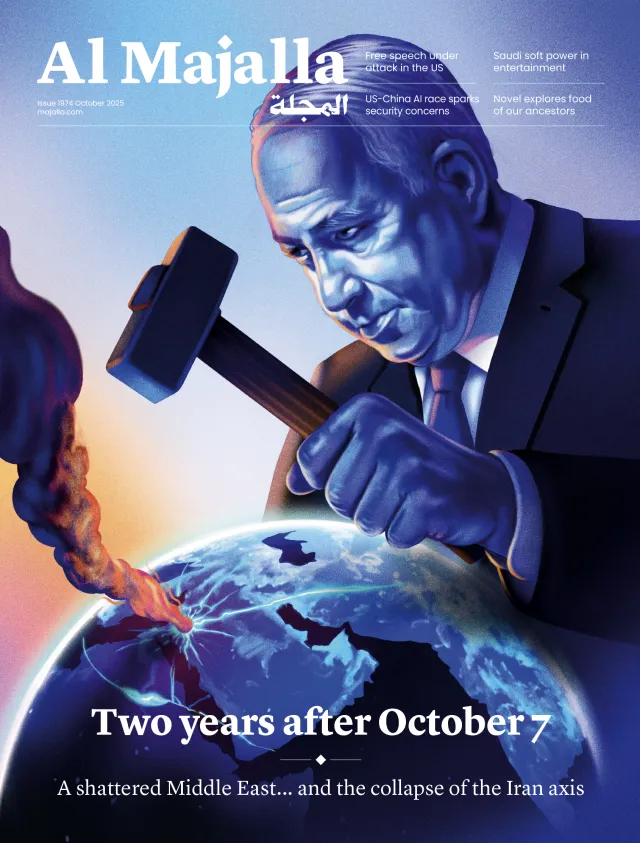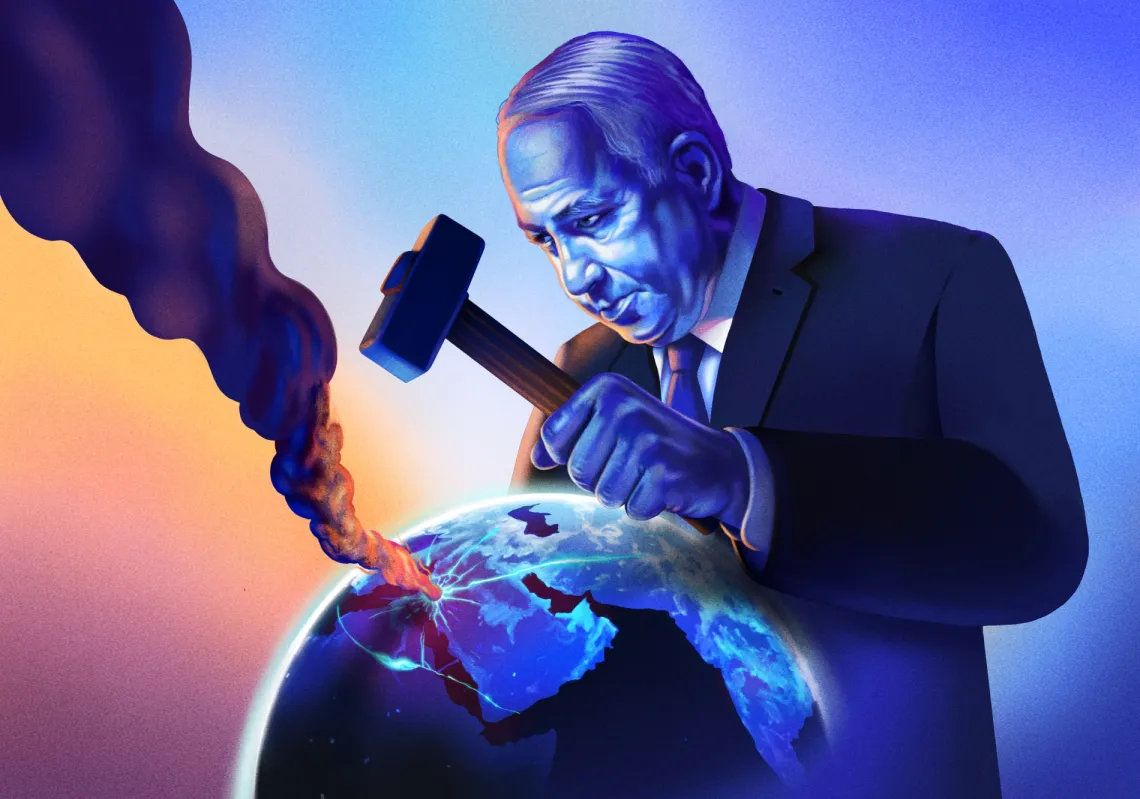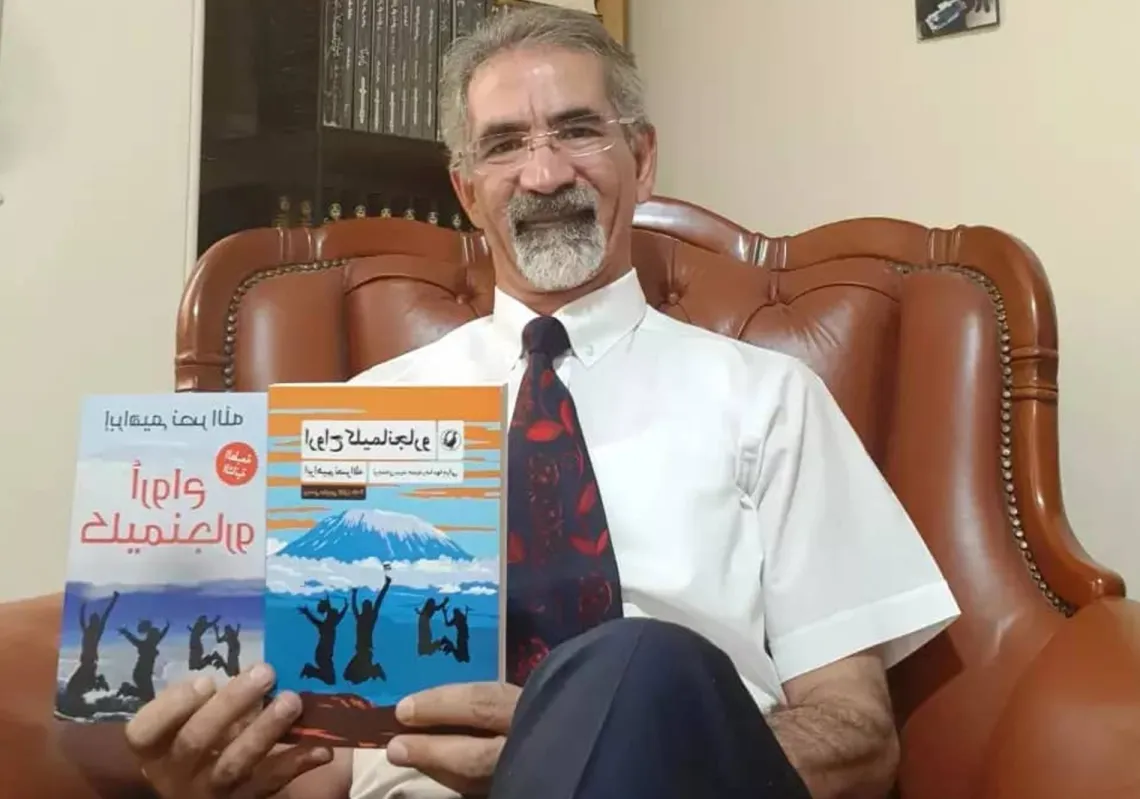Until now, prosecuting Taliban leaders was a remote possibility. Yet, Candace Rondeaux and Nick Grono from the International Crisis Group argued recently in the International Herald Tribune, in an article titled “Prosecuting Taliban War Criminals”, that a window of opportunity is open. Indeed, with Pakistan’s arrest of the Taliban’s No. 2 Mullah Baradar (along with other Taliban leaders), Rondeaux and Grono wrote that Ocampo “should now launch a formal investigation and, if he believes he has evidence to justify it, seek an arrest warrant for Baradar and ask Pakistan to hand him over to The Hague.”
Civil society groups, human rights activists and many Afghan citizens (especially non-Pashtuns) have expressed serious concerns regarding the impunity of the Afghan Taliban and the warlords. There are, however, essential problems in the hypothetical involvement of the I. C. C. in Afghanistan’s affairs. These problems start with how the very word “international” resonates in Afghanistan. It is not only the Taliban who resent the foreign presence in Afghanistan. The common Afghan does not like international interference in any form, with a rare exception made for financial assistance.
Lakdar Brahimi, former United Nations special representative for Afghanistan (and Iraq), told the following story in a recent public event about Afghanistan: A British military man asked the local people in a village in Helmand if they could have three wishes, what would those be, to which they answered, “We know very well what those wishes would be. First, we would like the Taliban to go away. Second, that you go away. Third, that neither of you come back.”
Although many in Afghanistan don’t like the idea, the Taliban are still Afghan citizens, and will have to be included in any political solution to the conflict. The Taliban are now under severe pressure from the recent US offensive in the Taliban strongholds of Marja and soon in Kandahar. Negotiations have started and a valuable opportunity to reach a political deal is very likely to arrive.
In a recent interview with The Majalla, Ahmed Rashid, the famous Pakistani author, explained that the Afghan Taliban are tired of the war and have suffered enormous casualties. They realize that returning to power would only isolate them again from the international community. Thus, they are convinced that it is better to reach an agreement with Kabul. Furthermore, Rashid believes the Afghan Taliban now accept that bringing foreigners to Afghanistan is a strategic mistake, and this applies to their views about Al-Qaeda.
As Rondeaux and Grono explained in their article, “Amnesty laws are not effective against I.C.C. prosecutions.” If this is true, what is the incentive for Taliban leaders to negotiate if they fear being chased and prosecuted regardless of their agreement with the government in Kabul? The I. C. C. could undermine the very basis of the reconciliation process that puts an end to the conflict.
Needless to say this is a complex issue. Take the case of Uganda. In 2006, the Lord’s Resistance Army entered into negotiations with the Ugandan government after the I. C. C. had issued warrants of arrest for five of the L. R. A.’s senior leaders. Instead of arresting and delivering them to the I. C. C., the Ugandan government offered total amnesty to all L. R. A. members as part of the peace deal. This amnesty was conceded according to a local code whereby the people involved are required to admit to their crimes and request forgiveness. This deal didn’t work, and the war between Uganda’s government and the L. R. A. is today one of Africa’s longest running conflicts.
Justice is a noble ideal. So are peace and order. In the case of Afghanistan, it can be a bad idea to choose international alien justice over a local solution, even if in the end the latter comes in the form of restorative justice through Afghan courts and an amnesty to war criminals. Can there be lasting peace without comprehensive justice? In Afghanistan, after three decades of conflict, the answer is probably affirmative. And it is definitely worth it to wait and see.
By Manuel Almeida







